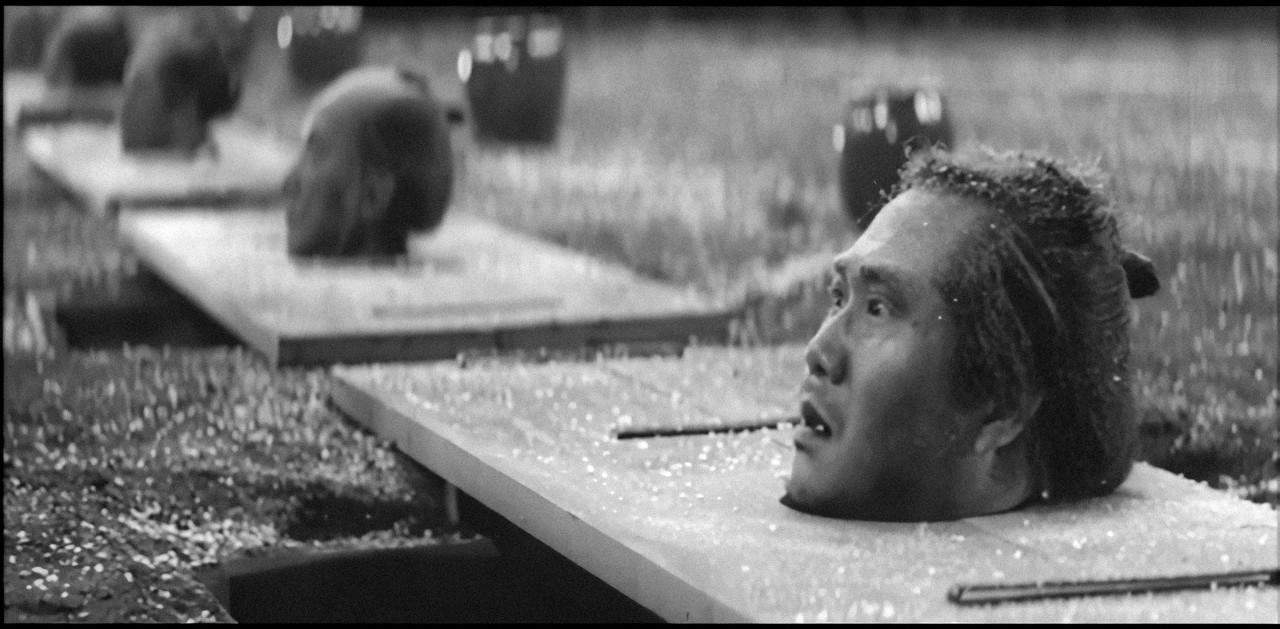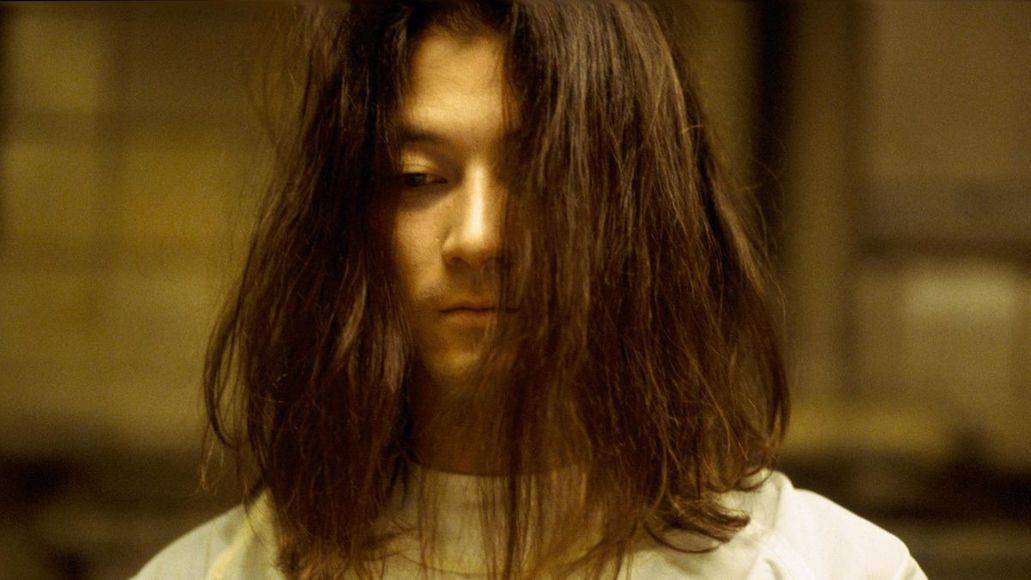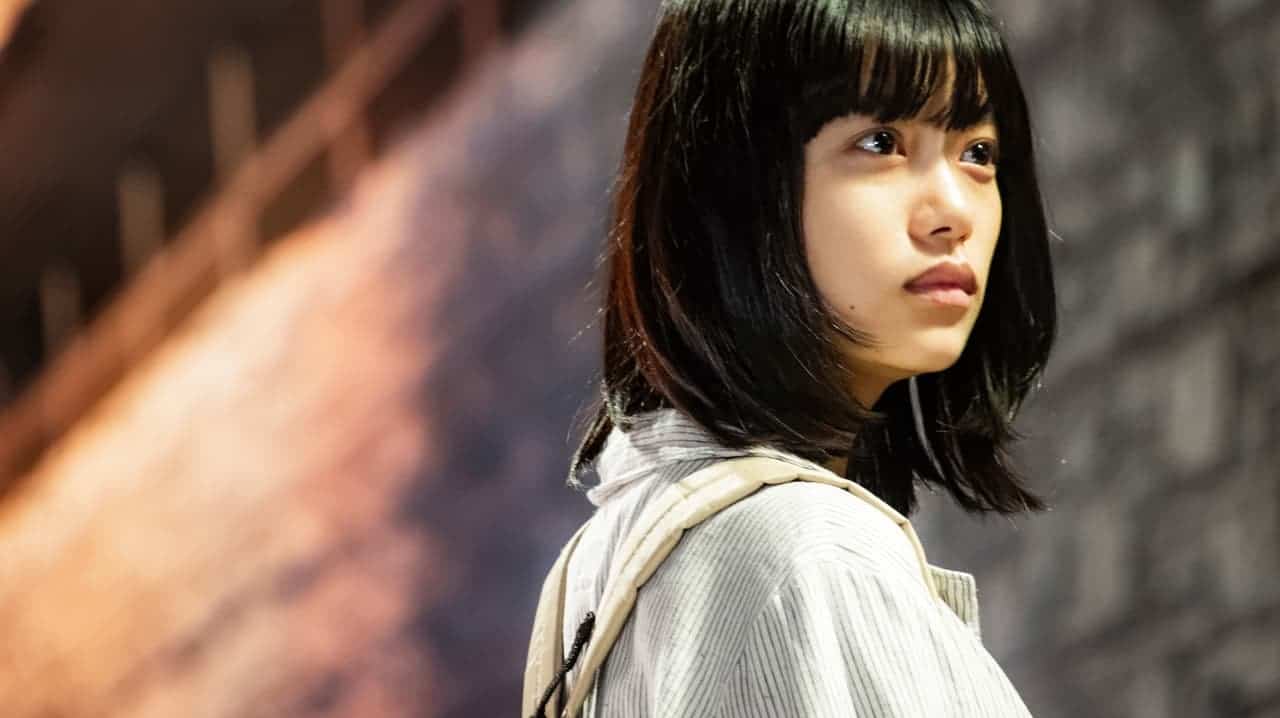In the 1960s, a new wave of jidaigeki flicks came into the fray that cast a dark shadow over the brave samurai heroes of old. So-called zankoku (cruel) jidaigeki offers a more cynical view of the samurai, critiquing the hierarchical society of Japan's past and presenting more realistic violence. This subgenre can, to a degree, be compared to the spaghetti western in how it blurs the lines between right and wrong, introducing more brutal anti-heroes to contrast traditional honour-bound warriors clad in white. Tadashi Imai's 1963 film “Bushido” fits nicely into this niche subgenre, as it delivers a scathing critique of its titular moral code.
A tale told across generations, the film follows the lineage of the Iikura family, each member played by Kinnosuke Nakamura. The tale begins at the end, in the modern day, with salaryman Susumu Iikura whose fiancé has attempted suicide. As he ponders on this tragedy, the young man recalls his family history, remembering the misfortunes that have befallen his ancestors. Through his memories, we pass through the ages of Japanese history, all the while seeing the injustices dealt out in the name of bushido.
Never before have I watched a jidaigeki that is quite so relentlessly depressing as Tadashi Imai's “Bushido”. However, it's precisely the film's bleak nature and social critiques of Japan's feudal history that make it essential viewing. From the Edo era to the modern day, we see how the rich and powerful make unjust demands of those further down the social ladder who are obligated to fulfil their wishes. We begin with lords and samurai and end with bosses and salarymen, but the status quo never changes – the wealthy and influential remain on top, and the lower classes are subservient.

Nearly every generation in the known history of the Iikura family is forced to make unreasonable and inhumane sacrifices, all of which are done to uphold the expected social standards and, more specifically, the code of bushido. Bushido refers to the code of honour formalised by the samurai during the Edo period, and it's generally presented as a point of honour and pride in typical jidaigeki. However, like his contemporaries producing zankoku jidaigeki, Imai critiques the way in which bushido is manipulated by the powers that be and used as a tool to terrorise the lower classes. Relinquishing their dignity, pawning off family members, and turning a blind eye to rape are just a few of the intolerances each member of the Iikura lineage endures to adhere to the laws of the land.
By tracing this history of injustice through to post-war Japan, Imai seems to suggest that the country is still caught in the stranglehold of backwards tradition and social expectations, even despite numerous waves of political and cultural change. The director invites us to engage with the darker aspects of Japan's history and the albeit harsh social realities of the Edo-era feudal system. Some of the cruelty on display here remains upsetting in the 2020s, so one can only assume that such content would have shocked audiences in 1963. The film treads a fine line between being gratuitously downbeat and fearlessly uncompromising.
Sitting at the film's core is a titanic set of performances from Kinnosuke Nakamura. Taking on the role of every male member of the Iikura family's lineage, he embodies each of the wildly different characters in a completely distinct manner. The timid and fearful Kyutaro is a stark contrast to the strong-willed and dutiful Shuzo, yet both suffer great hardships at the hands of their lord. There's a restraint in Nakamura's performances that captures the barbarity of bending to the moral rule of bushido, despite the indignity that it incurs. You want to see his characters explode in a fit of rage at the injustices they're dealt, but they're instead wrapped up in confined anger, which allows for a more effective performance.
A downbeat, ruthless, and sobering film, “Bushido” epitomises what the zankoku jidaigeki subgenre is all about. Imai is uncompromising in his storytelling, while Nakamura puts in a series of fine performances, carrying the full weight of the film on his back. While certainly not for the faint of heart, “Bushido” is a fantastically brutal jidaigeki that still manages to shock today.
















